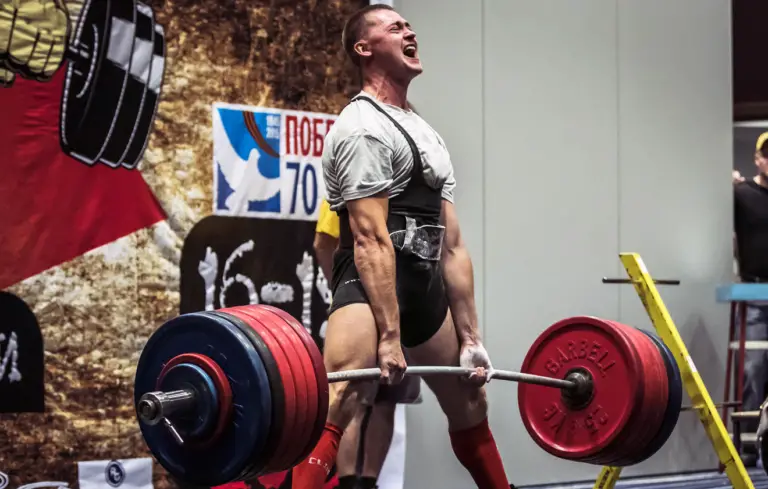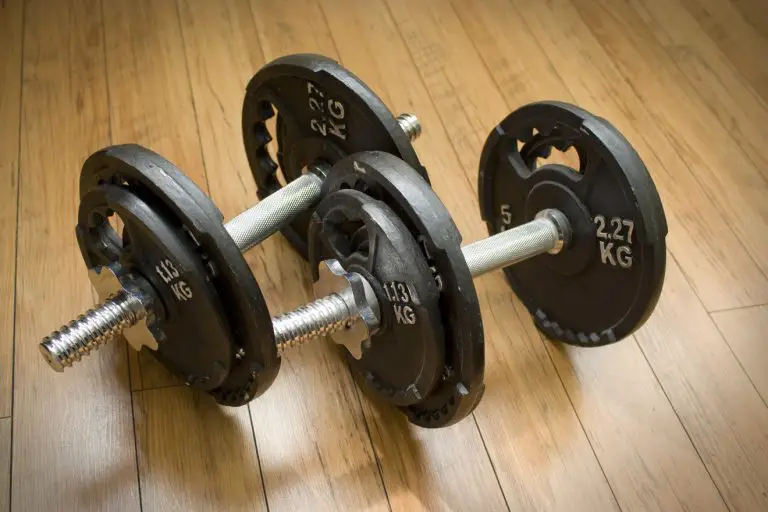Morning vs. evening workouts: which are best for you?
Key takeaways
- Morning workouts are great for those trying to be consistent or have higher energy levels in the morning.
- Evening workouts are great for those trying to build muscle or are night owls.
- When trying to decide on whether to do morning workouts vs evening workouts, choose what works for you. Both have benefits and drawbacks.
Does it really matter when I do my workout?
Deciding on the ideal workout time can impact your motivation, energy levels, and ultimately, your fitness results. While research offers insights into both morning and evening exercise benefits, personal factors like lifestyle, schedule, and body clock can also influence what works best for you. Below, we’ll explore the pros and cons of each to help you decide on the best time to train.
Benefits of morning workouts
Enhances consistency and discipline
Morning workouts can help build consistency, as early workouts are less likely to be interrupted by unexpected plans or fatigue that can arise later in the day. Studies show that those who exercise in the morning tend to maintain a more consistent routine, which is critical for long-term progress. Early workouts also instill a sense of accomplishment that carries into the day, boosting productivity and motivation.
Boosts metabolism early
Morning workouts are known to increase post-exercise oxygen consumption (EPOC), meaning your body continues to burn calories at a slightly elevated rate after your workout ends. This boost in metabolism can support daily calorie burn, making morning workouts advantageous for weight loss or body composition goals.
Regulates sleep and energy
Morning exercise can help regulate the body’s circadian rhythm, making it easier to fall asleep at night. This benefit is especially relevant for people who struggle with insomnia or irregular sleep schedules. Plus, morning sunlight exposure is linked to increased production of serotonin, which can elevate mood and enhance overall well-being throughout the day.
Supports fat utilization
Fasted cardio, a popular approach for those interested in weight loss, can promote fat oxidation, where the body uses stored fat as energy. Research suggests that exercising before breakfast might help increase fat burning, as glycogen stores are lower after an overnight fast. This approach, however, may not be ideal for workouts requiring high intensity or endurance, as some people may experience lower energy levels.
Benefits of evening workouts
Improved physical performance and strength
As body temperature naturally increases throughout the day, evening exercise often results in better muscle function, flexibility, and strength. Studies indicate that physical performance peaks in the late afternoon or evening, making it an ideal time for intense workouts. An evening workout can also enhance recovery, as muscles are warmer and more pliable, reducing injury risk.
Better endurance for high-intensity workouts
The body’s energy stores are typically replenished by evening, especially if you’ve consumed balanced meals throughout the day. This makes evening workouts suitable for intense or endurance-focused activities like strength training or high-intensity interval training (HIIT). The improved fuel stores and readiness can translate to better overall workout performance, intensity, and results.
Ideal for night owls
Evening workouts are often preferred by people with a natural tendency to stay up late, as they align with their higher energy levels later in the day. Night owls may find morning workouts counterproductive, as their energy and alertness peak later, making evening training a more effective option. Additionally, evening workouts can relieve stress accumulated throughout the day, helping you unwind and improve sleep quality.
Potential drawbacks of morning workouts
Reduced physical performance in early hours
Not everyone performs optimally in the morning. Lower body temperature upon waking can mean stiffer muscles and joints, requiring longer warm-ups. Additionally, your nervous system is not as active as it is in the evening, which may slightly limit strength and endurance.
Increased injury risk without proper warm-up
Morning stiffness or reduced flexibility can increase injury risk, especially for high-intensity workouts. Warming up is essential to prepare your muscles and joints fully and avoid strains. Make sure to invest time in a thorough warm-up routine if you prefer early workouts.
Potential Drawbacks of Evening Workouts
Higher risk of exercise interference
Evening workouts might be impacted by work, social plans, or fatigue after a busy day. Studies have shown that people often skip evening workouts more than morning ones due to unpredictable schedules. Consistency is key in achieving fitness goals, and for some, evening training might be harder to sustain.
Potential sleep disruption
While evening workouts can reduce stress, high-intensity exercise close to bedtime can increase adrenaline and cortisol, potentially disrupting sleep for some individuals. If you experience this, consider finishing workouts at least 2-3 hours before bedtime to allow your body time to wind down.
Which is right for you?
Deciding between morning and evening workouts depends largely on your individual goals, lifestyle, and body’s natural rhythm. Here’s how to determine the best option:
- Consider your goals: if consistency and weight management are your focus, morning workouts may suit you best. If your goal is performance or muscle gain, evening workouts may offer slight advantages.
- Listen to your body: take note of when you feel most energized and productive. If mornings feel challenging and counterproductive, try training in the evening, and vice versa.
- Adapt to your schedule: choose a time that fits comfortably within your day-to-day life to improve adherence. The best workout time is the one that aligns with your schedule and energy levels.
Choose what works for you
Both morning and evening workouts come with unique benefits and challenges. While early exercise boosts consistency and metabolic rate, evening workouts offer peak performance and enhanced endurance. Ultimately, the best workout time is the one you can stick to consistently, ensuring you make steady progress toward your fitness goals.
Written with the assistance of AI. Reviewed and edited by Marielle Livelo.







